Microbiology : The 2 best air sampler for the pharmaceutical industry
There are dozens of microbial air-sampler available on the market, but which one should you choose for environmental monitoring in the pharmaceutical industry?
The answer to this question will, of course, depend on your specific needs. So the first step is to establish your requirements.
Next, it’s up to you to reach out to suppliers and select the biocollector that best meets your needs.
To help you in this quest, we asked the 20,000 SuperMicrobiologists in our community which air-sampler they prefer!
Two air sampling devices stood out from the crowd. Here they are:
Content :
- MAS-100 NT from Merck
- The Challengers:
Best Culture Media
Discover the 4 BEST Culture Media Suppliers
We survey the SuperMicrobiologists.
Here are their favorite EM culture media.
What is an air sampler used for?
A viable air sampler is a device used in the pharmaceutical industry to collect air samples in order to monitor the potential presence of microorganisms.
In simple terms, it’s like a vacuum cleaner that captures bacteria, yeasts, and molds present in the air of clean rooms (grades A, B, C, or D), isolators, and RABS (Restricted Access Barrier Systems) in the pharmaceutical industry.
This allows companies to take corrective actions, such as cleaning or maintenance (e.g., replacing filters).
Typically, air impaction occurs on a Petri dish… but as we’ll see in this article, in some cases, the Petri dish can be replaced.

Pretty impressive, right?
The 2 favorite air sampler
In our survey, two air sampler brands were widely praised by microbiologists in the pharmaceutical industry.
Here they are:
The MAS-100 NT air sampler from Merck
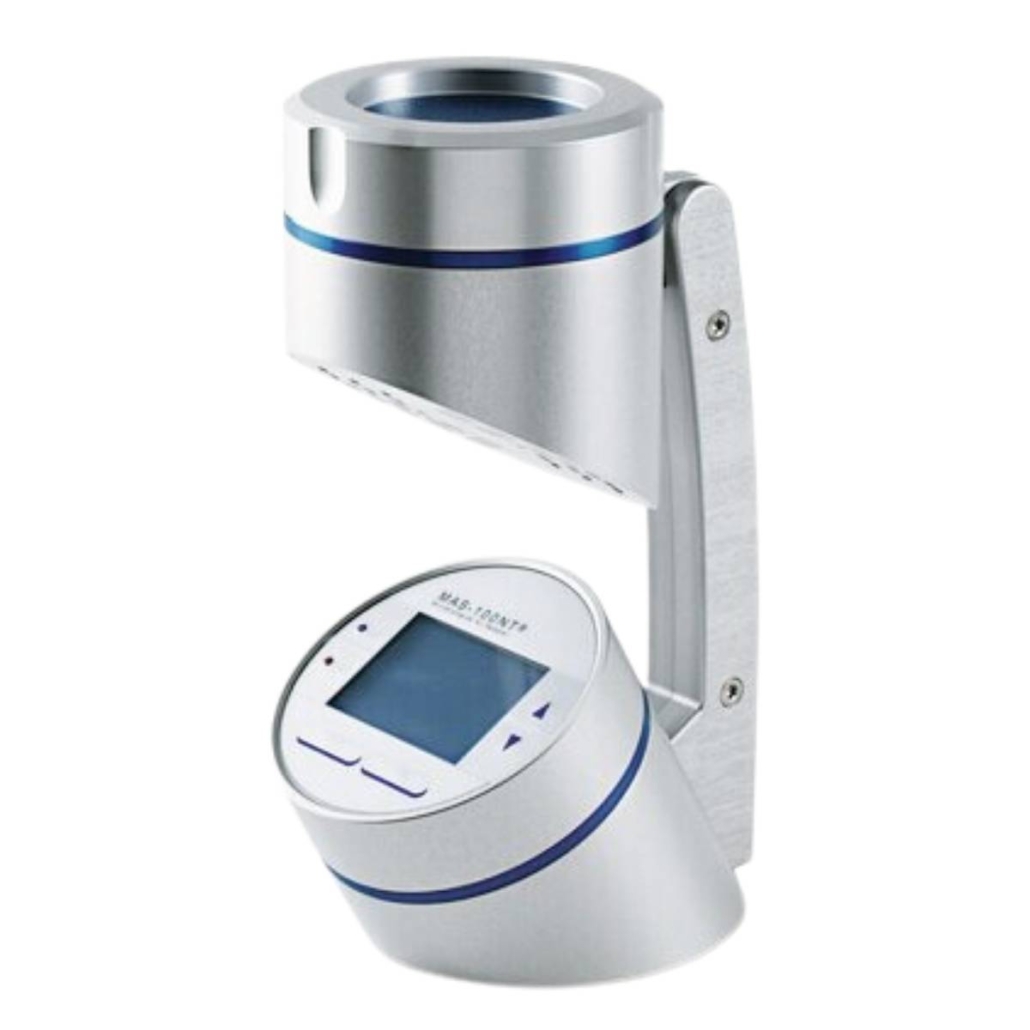
Merck offers a range of air sampler dedicated to environmental monitoring in clean rooms of the pharmaceutical industry. The most commonly used is the portable air sampler called MAS-100 NT.
The 3 key strengths of the MAS-100 NT:
- Durable: We’ve even heard from microbiologists who have been using it for 15 years!
- Easy to clean and suitable for cleanrooms with unidirectional air flow up to Grade A
- Highly precise: The MAS-100 NT uses a mass flow sensor (while others use electronic flow control) to ensure a constant airflow of 100 liters per minute. These sensors allow it to automatically adjust to differences in Petri dish fill volumes, air density changes, and variations between individual sieve plates.
In its product range, Merck also offers other biocollectors such as:
- Portable air sampler: MAS-100 VF and MAS-100 Eco air samplers.
- Air sampler for isolators: MAS-100 Iso NT and MAS-100 Iso MH air samplers.
- Air sampler for compressed gases: The MAS-100 Atmos air samplers.

The other air sampler mentioned by the SuperMicrobiologist is the Air Ideal from bioMerieux.
The “Challenger” Air Samplers
The Air Sampler Spin Air from IUL
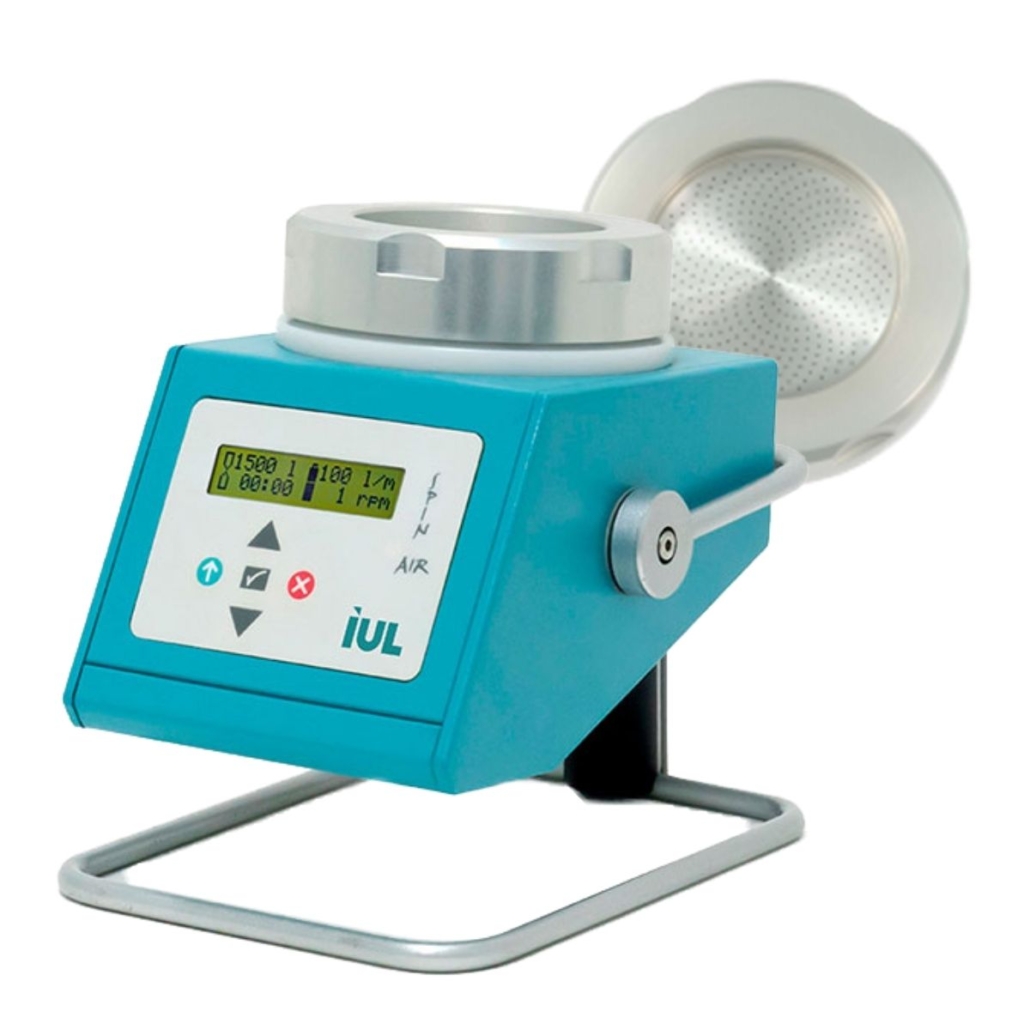
The Spin Air air samplers provide particularly high collection efficiency (>91%), even in highly contaminated environments and in cleanrooms of class C and D.
Produced in Barcelona, the Spin Air is used not only in the pharmaceutical industry but also in food, cosmetics, hospitals, and environmental labs. The Spin Air has been used by microbiologists for over 20 years!
The 3 key strengths of the Spin Air:
- Exceptional Accuracy: Thanks to its rotation technology, microorganisms are evenly distributed over 100% of the plate, eliminating the need for correction tables. According to a compliance study with the EN 17141:2020 standard (a refinement of the ISO 14698), its collection efficiency is > 91%. See study here.
- Complete traceability: Port for printer, barcode reader, data export.
- Ease of sampling: Lightweight, easy to clean, and can be used for simultaneous testing with the Spin Air Mate.
In its product range, IUL also offers:
- Available in 3 models, in addition to the Spin Air Mate for duplicating sampling.
- Aluminum, stainless steel, or plastic grid, for 60 or 90mm plates.
- Carrying case for convenient transportation.

The Air Sampler MiniCapt® Mobile from Particle Measuring Systems
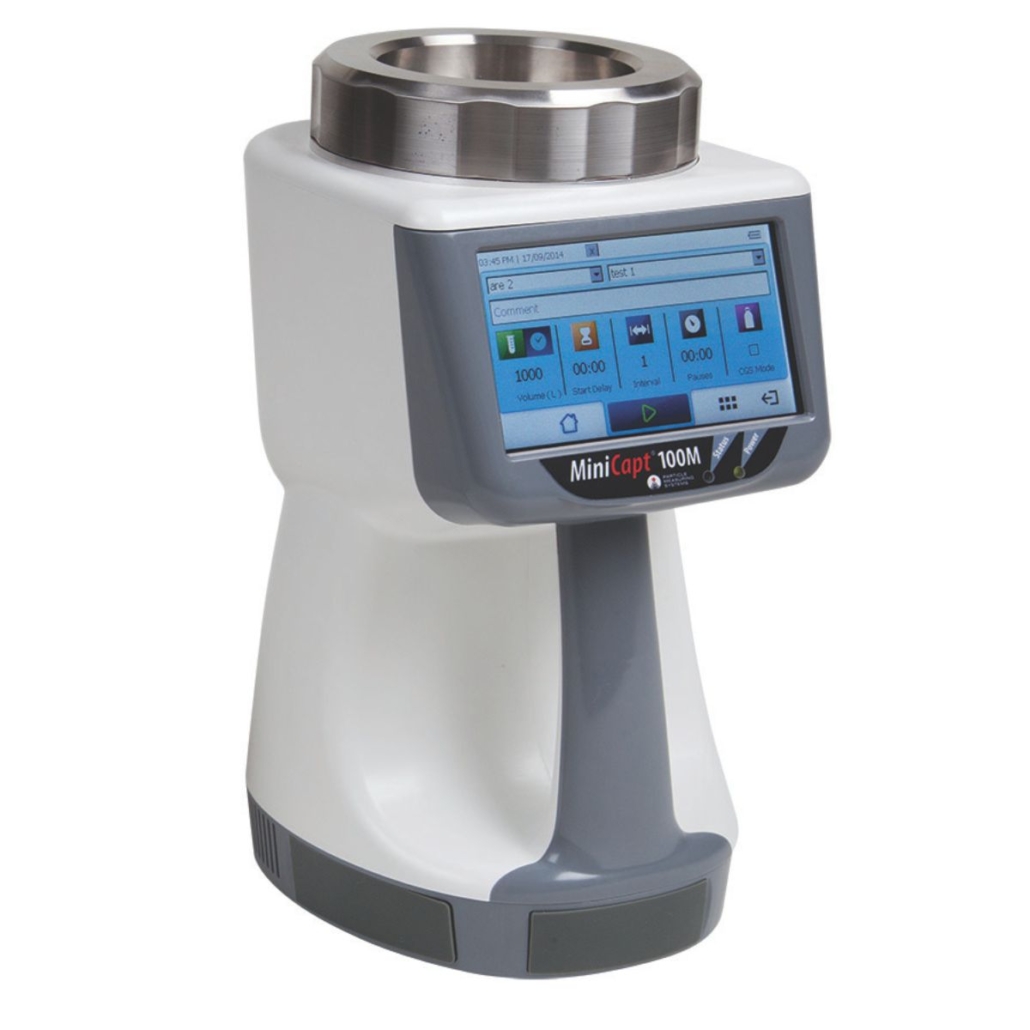
The MiniCapt® Mobile Active Air Sampler is a lightweight and mobile viable air sampler designed to simplify microbiological air sampling with modern data management. Its capacitive touchscreen allows for easy use with gloves, without the need for a stylus, reducing operator errors and optimizing efficiency.
This range of air samplers has been manufactured by Particles Measuring Systems in the USA since 2014. PMS has sold over 2,000 air samplers in more than 50 countries worldwide.
The 3 key strengths of the MiniCapt Mobile :
- Flexibility: Multiple applications (isolator sampling, compressed gases, remote and portable uses).
- Precision: Compliant with ISO 14698-1. Radial slit design optimizes microorganism recovery during sampling. Immediate and easy detection of false-positive results. Correction table needed only above 57 CFU, with maximum overlap deviation of 3% at 200 CFU.
- Safety: Antibacterial housing and touchscreen. Exhaust gases are filtered by a HEPA filter, ensuring no contamination in critical control points. The impactor head is made of autoclavable 316L stainless steel.
Compressed Gas Kit for Viable Particle Monitoring:
Particle Measuring Systems offers a kit for monitoring compressed gases. This kit fits directly onto the MiniCapt Mobile air sampler.

Conclusion
By choosing one of the air sampler presented in this article, there’s a chance you’ll not make a mistake.
However, your choice will obviously depend on your needs, your work environment, and also your relationships with… the suppliers 😉 .
If you still have any questions, feel free to ask us!
Why are some brands “better” presented than others?
Following the survey among the SuperMicrobiologists, we contacted all the favored brands to offer them sponsorship of this article.
This sponsorship allows us to offer all our content for free.
The brands “better” presented are those that agreed to support SuperMicrobiologists by sponsoring the article. We thank them.
So, if you need an AIR SAMPLER, start by testing these brands!


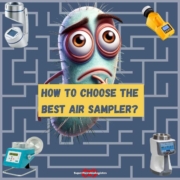


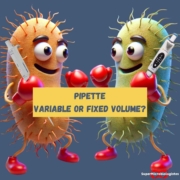


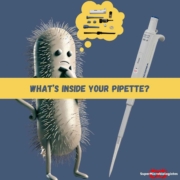




Leave a Reply
Want to join the discussion?Feel free to contribute!